
TuberSense Moves Forward with Advanced Testing Phase
- In the press
- Project Updates
Root crop disease and defect monitoring system TuberSense – under development by innovative agri-tech business B-hive Innovations – has entered its next project phase to revolutionise how technology can anticipate issues in tubers before the crop loses its quality and value.

Future Leaders Fellow Dr Barbara Correia secured funding from UK Research and Innovation (UKRI) in Summer 2021, and since then has been conducting the first phase of research, development and testing with the wider project team, including potato producer Branston Ltd and research institutions.
Barbara’s initial research to define the link between potato diseases and volatile compounds released by the tubers was carried out with UWE Bristol and the James Hutton Institute, while the University of Warwick has partnered on the project to develop gas sensors to measure the gases produced.
Detecting potato crop diseases and defects
Following a series of first-phase trials, the R&D sensing system has now been developed to use volatile biomarkers as means of detecting crop diseases and defects that can cripple potato supply chains, including soft rot, dry rot and black heart in potato tubers.
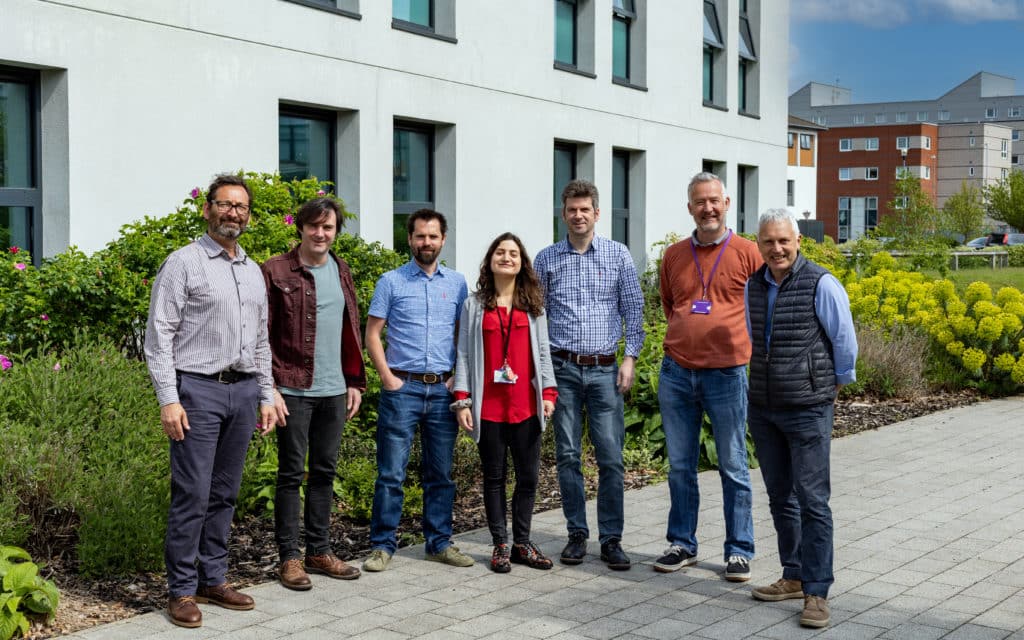
Barbara said: “The first phase of our research has provided us with tremendous novel insights into the range of diseases and defects that, unless detected early, can enormously compromise the overall quality of the crop that enters the supply chain.
“Through the first project phase, we have gained a great understanding of which diseases are most distinguishable through the use of gas sensing technologies.
“Conversely, we have also become more aware of which defects may not be detectable through such means, which already gets us thinking of other ways that we might detect those defects at an early stage.”
To ensure optimal testing conditions, Barbara and the team have been conducting experiments using a mix of field testing with growers alongside semi-controlled trials, including the use of industrial shipping containers.
The team has also shipped a TuberSense system to a sweet potato supplier in North America for further testing, as the project looks to expand the breadth of crop the technology can be compatible with. Sweet potatoes can be even more susceptible to disease and defects, especially considering long shipping times, and therefore there is a higher rate of crop wastage.
Working with growers and packers
Research and development combined with market research has made it clear that growers and packers of root crops require greater insights into disease and defect detection at the earliest point possible.
While we have made some great breakthroughs during the first phase of the project, we have a lot of confidence from our ongoing analysis to trial a 2.0 iteration – that will extract even more insights into using volatile markers for gas sensing in stored crop.
Dr Barbara Correia, Principal research scientist
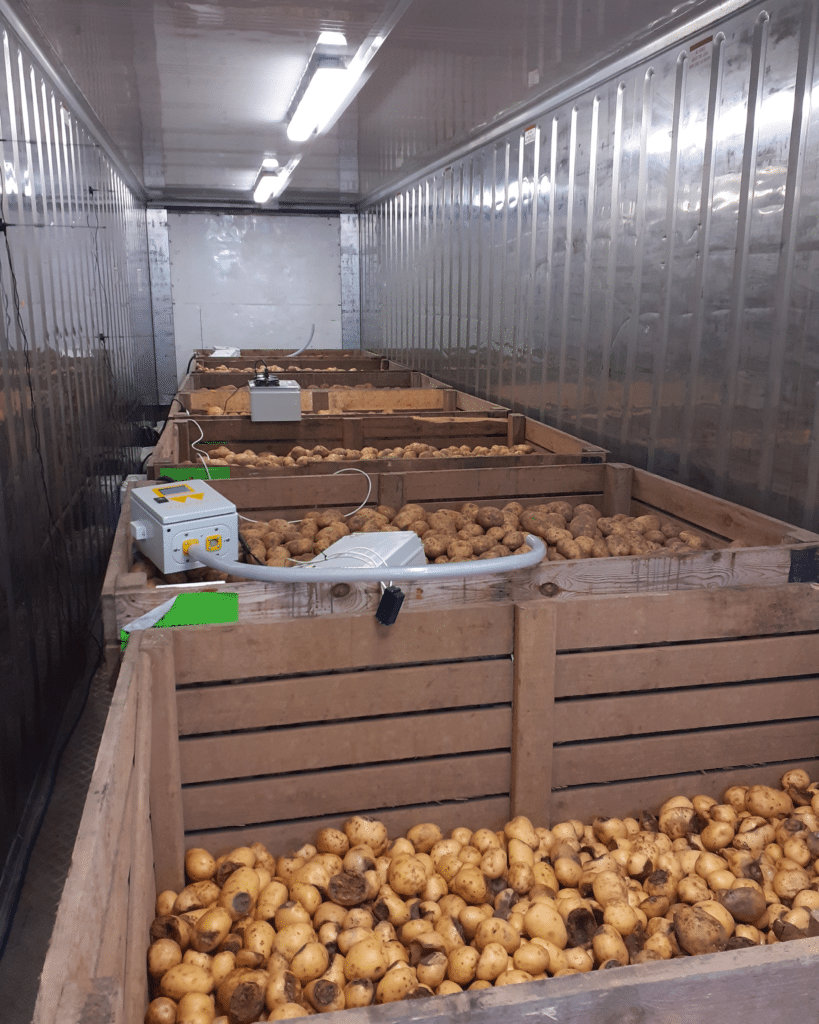
To better understand the demand from growers, the research team embarked on a 12-week “Scaling the Edge” project funded by with UKRI. Three quarters of the growers faced disease and defect problems with their crop, and the majority of these are keen that a gas sensing system for early detection is made available.
With the first phase of the project now nearly completed, the team is starting to develop the second iteration to feature an improved gas sensor, with aims to commence testing with units by the end of the year.
Latest news
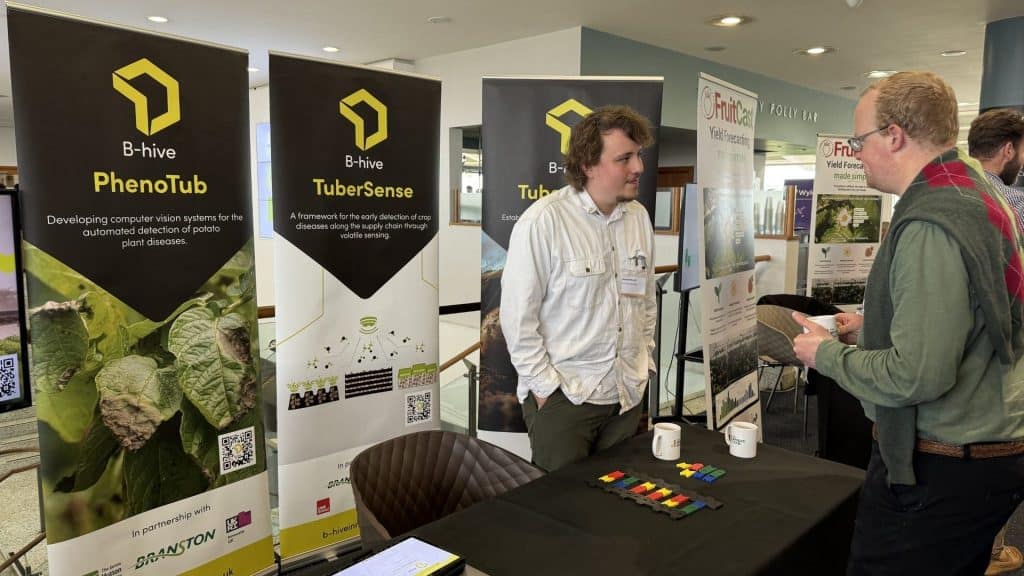
B-hive Innovations at the REAP Conference 2024: Driving Agri-Tech Innovation Forward
B-hive Innovations attended the REAP Conference 2024, joining agri-tech leaders to explore cutting-edge advancements in sustainable agriculture. The event provided valuable insights into AI integration, collaborative partnerships, and innovative technologies, aligning with B-hive’s mission to deliver impactful solutions for the agricultural industry. Key discussions and networking opportunities are set to drive forward projects like TuberNetZero and PHENO-TUB while opening doors for exciting collaborations.
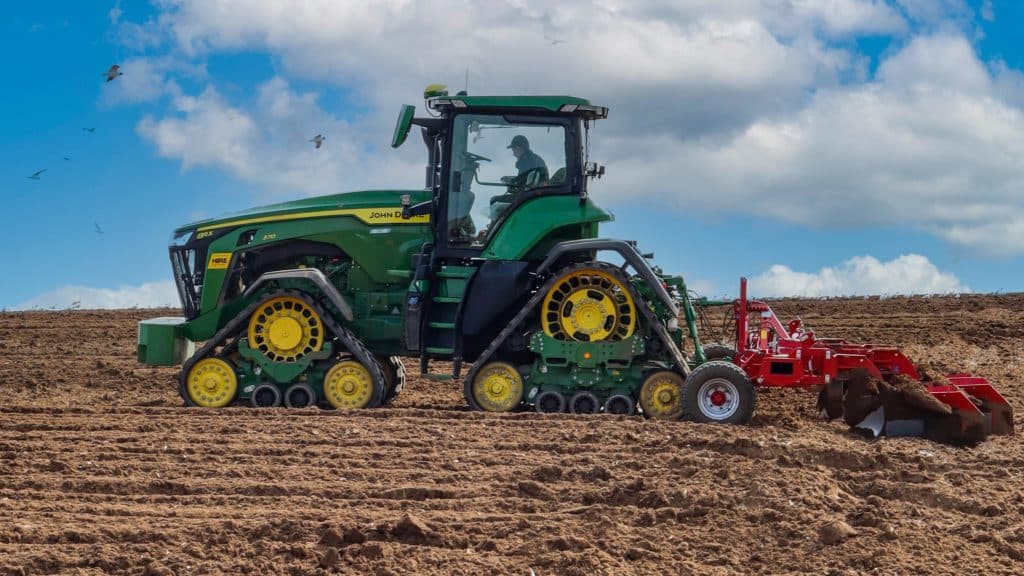
Intelligence-Led Planning Key To Maximising Yield
AS INNOVATION in the agritech sector continues to move on at breakneck speed, the challenge for growers and farmers is often not that the technology to help them isn’t available, but that they can’t settle on an approach to take. Technology is developing at such a rapid rate that it is a challenge to stay ahead of the curve, with new technologies bringing in new approaches to planning, growing, and harvesting.
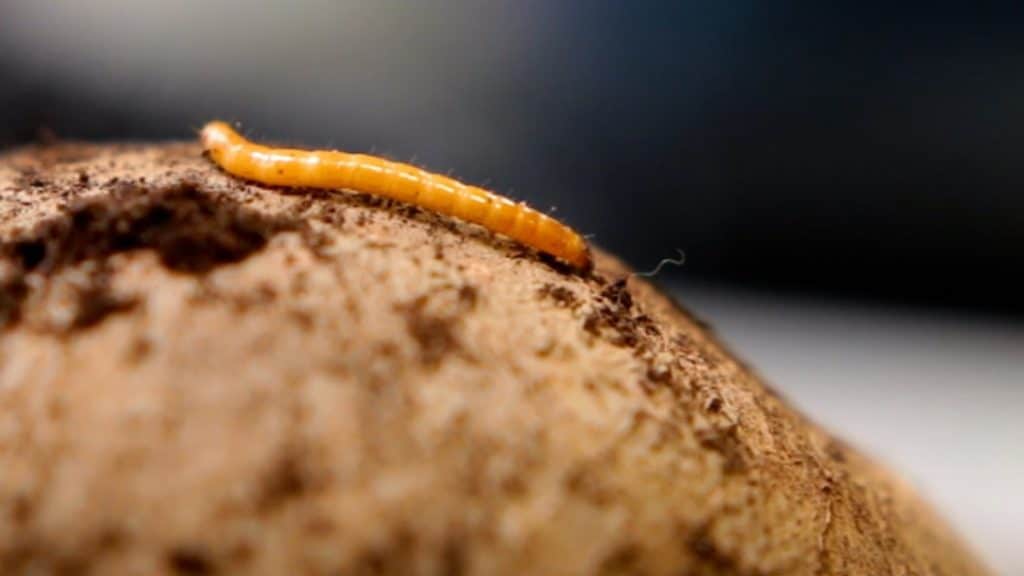
All You Need To Know About Wireworm
A wireworm infestation can devastate agricultural crops with potatoes being particularly at risk. Wireworm numbers have been increasing for years – join B-hive’s local expert, Rebekah Neill, to find out all about wireworms – what they are, why they are such a problem and our armoury of tools to combat them.